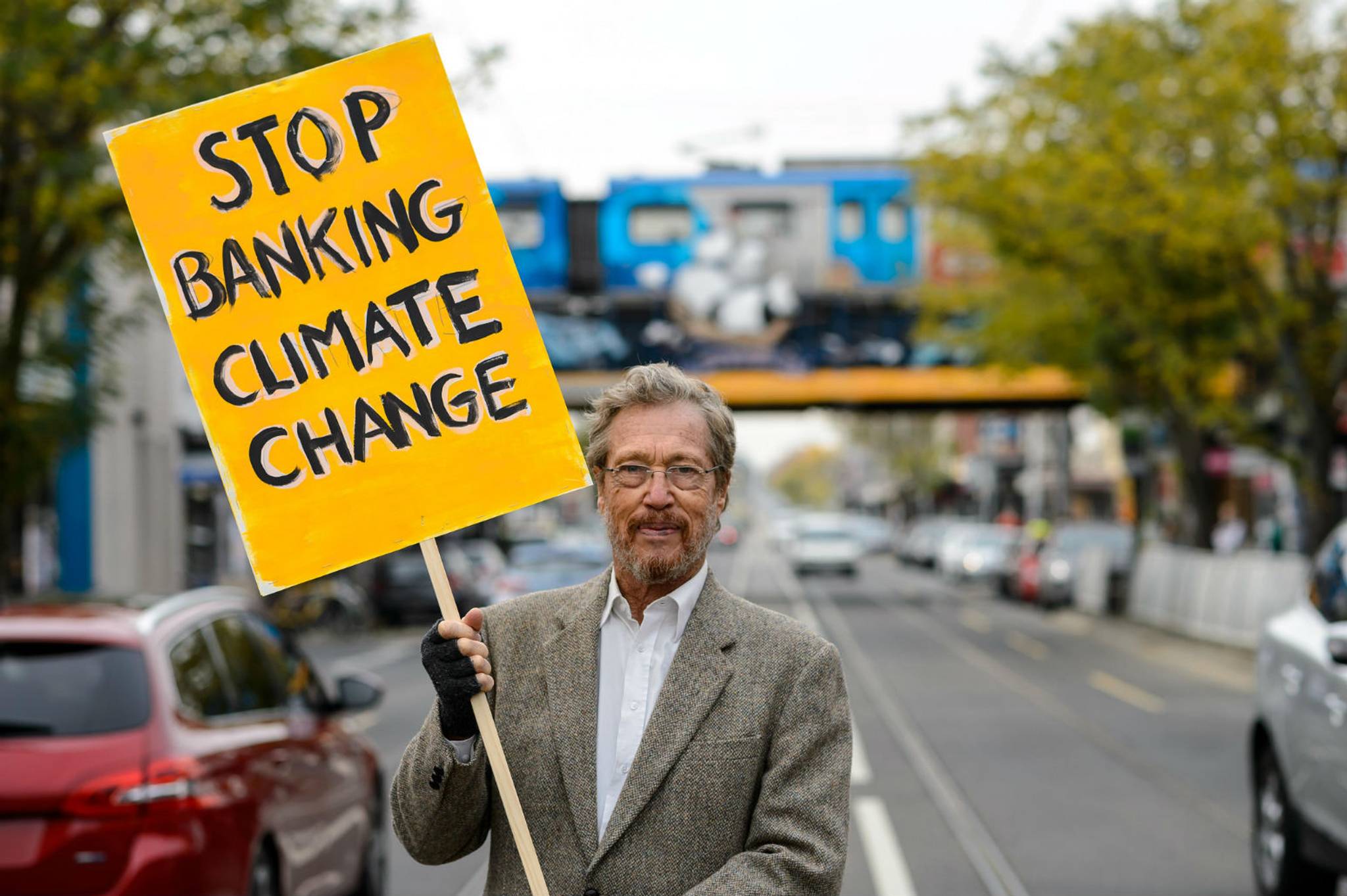
For many people, climate change can feel like an issue too vast to take action on. But role playing games – such as the World Climate Simulation – can help people get their heads around it, motivating them to take action by helping them see where they can make meaningful change. We discover the insights behind the game and understand how people can be nudged into motivation to take action against climate change.
The World Climate Simulation is a role-playing game that puts players in the shoes of negotiators at a UN climate summit forcing them to design solutions for complex issues. Created by non-profit Climate Interactive, the game is usually used to educate policymakers and business leaders and has been played by about 43,000 people across the globe since 2015. A study analysed responses from over 2,000 players and found that the game leaves people with a better understanding of climate change, a greater sense of hope, and a more positive attitude towards the issue. In fact, over eight participants in ten showed greater motivation to take action, not driven by additional knowledge as much as by an increased sense of urgency to act. The improvements were consistent across demographics and even political leanings.

With the looming threat of climate change fuelling eco-anxiety, 45% of people see ‘environmentally friendly’ as a key driver for purchasing and 66% are willing to pay more for sustainable goods. However, most people see climate change as too big a problem for them to actually make any meaningful impact through their actions (putting the onus on larger institutions), which leaves them unmoved and makes action feel less urgent. There’s an opportunity to attach greater urgency to the issue to make it more salient to people; according to John D. Sterman, co-author of the study and professor at the MIT Sloan School of Management, “This educational component is one way for people to discover the urgency of this issue for themselves and to be motivated to get out and to create the grassroots support that is needed to make a change.”
Edoardo Biscossi is a behavioural analyst at Canvas8, which specialises in behavioural insights and consumer research. He has a degree in Political Sciences and a MSc in Consumer Behaviour. He’s interested in culture, people, art, the future, the niche, and the mass.



